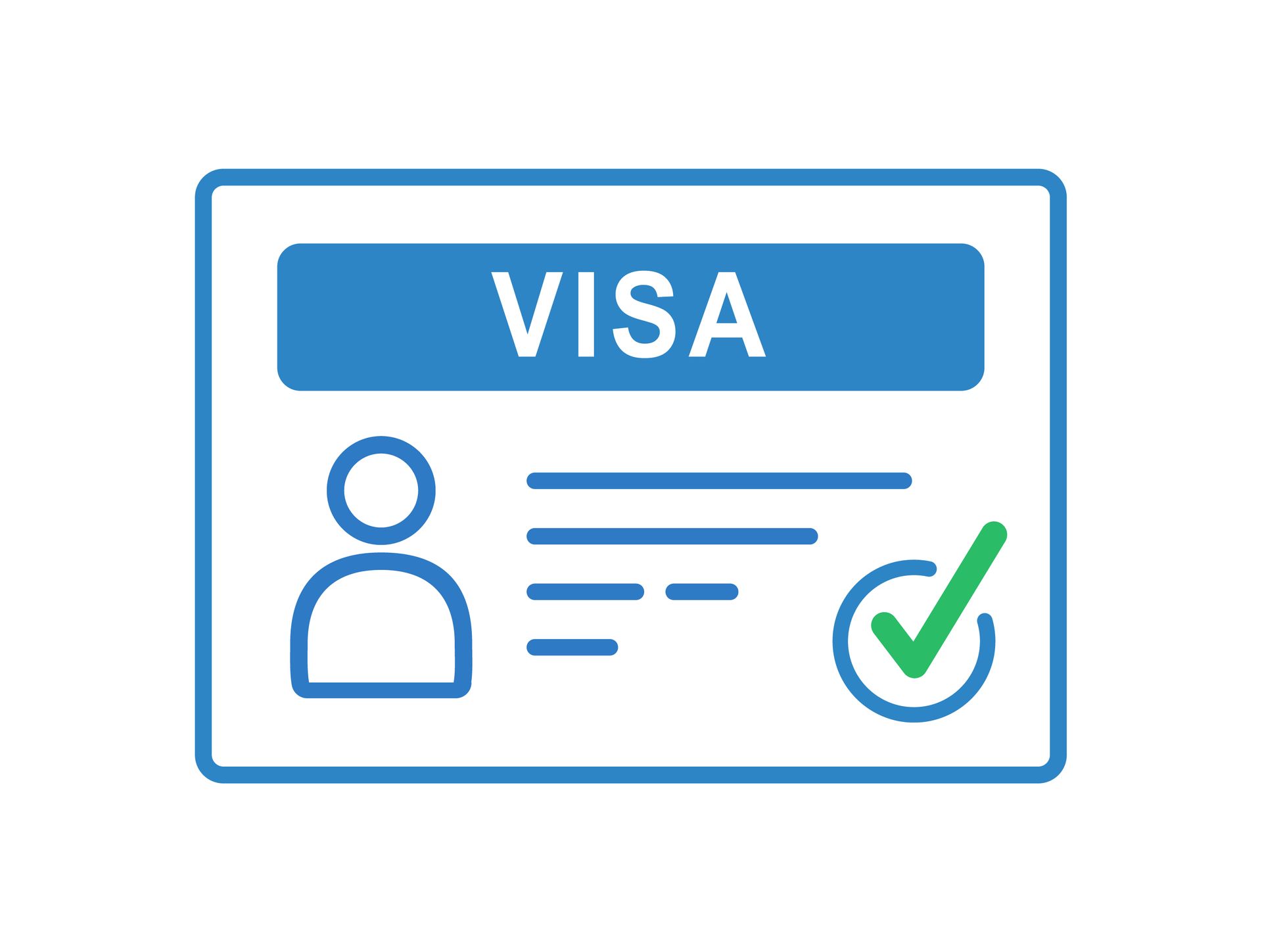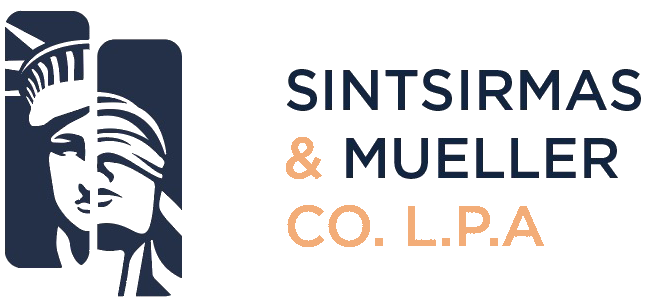Understanding the DACA Application Process: What to Expect After Sending Your Documents
In Ohio, there are many individuals who are eligible for DACA or Deferred Action for Childhood Arrivals. This program was put in place by the government to protect young people who came to the United States as children. With DACA, individuals are granted a temporary reprieve from deportation and are able to legally work in the country. However, the application process can be complicated and overwhelming for those who are not familiar with it. In this blog post, we will discuss what to expect after sending your DACA application documents, how long the process takes, the government’s criteria for approving DACA, and how an attorney can help you navigate this process.
After submitting your DACA application, you can expect to receive a receipt notice via mail within two to four weeks. This notice will confirm that USCIS (United States Citizenship and Immigration Services) has successfully received your application. It’s important to hold on to this receipt, as it contains important information such as the date your application was received and your receipt number, which you can use to track the status of your application.
Following the receipt notice, you will receive an appointment notice for biometrics (fingerprinting). The biometrics appointment is usually scheduled four to six weeks after the receipt notice. During the appointment, you will be required to provide fingerprints, a photograph, and a signature, which will be used to perform a background check.
After completing the biometrics appointment, you will receive an appointment notice for your DACA interview. However, not all applicants have to go through an interview process. Some applications are approved without an interview. That said, if you are required to attend an interview, you can expect it to be scheduled between three to five months from the date of your biometrics appointment. During the interview, you will be asked questions related to your application and supporting documents.
The government's criteria for approving DACA applications include a long list of eligibility requirements, which can vary depending on each case's individual circumstances. In general, applicants must meet the following criteria – they must have arrived in the United States before they turned 16; have resided in the U.S. for at least five years; are currently enrolled in school or possess a high school degree or GED; and not have committed any significant misdemeanors or felonies, among other criteria.
Lastly, working with an attorney during the DACA application process is highly recommended. An attorney can assist with filling out the application, ensuring that all necessary documents are included, and making sure everything is submitted on time. Additionally, an attorney can provide guidance throughout the process and answer any questions or concerns you may have. It’s important to note that there are many resources available to individuals going through the DACA application process, including legal clinics and other organizations that offer free legal services.
Navigating the DACA application process can be daunting, but knowing what to expect can make the process smoother. After submitting your documents, expect to receive a receipt notice within two to four weeks, followed by a biometrics appointment and a DACA interview, if required. To qualify for DACA, you must meet certain eligibility requirements set by the government. To help you navigate the process, consider working with an attorney who can provide guidance and assistance throughout the application process. Remember that there are many resources available to individuals going through this application process, and help is available.










